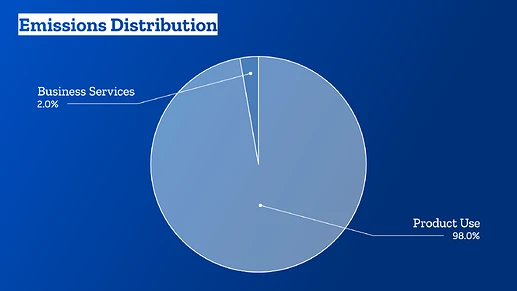I’d consider SQLite and Object DBs for small new deployments. But it’s a considerable task to move a production Django server to SQLite from Postgres etc.
![]() I wanted to keep the conversation going – and check who here might be up for working on things in this space, at an upcoming Python event this year? If so please reply here or DM me. Personally I’ll be at the EuroPython sprints next month, and likely at other PyCons later in the year (PyCon UK? PyCon Ireland? PyCon France?)
I wanted to keep the conversation going – and check who here might be up for working on things in this space, at an upcoming Python event this year? If so please reply here or DM me. Personally I’ll be at the EuroPython sprints next month, and likely at other PyCons later in the year (PyCon UK? PyCon Ireland? PyCon France?)
At PyCon US I believe there were two sustainability-related items on the schedule, I worked on a poster about websites, and Reduce the environmental footprint of your Python programs from Apoorv Garg focused on AI energy use.
If there are people interested in teaming up on this at a future event, I’d really like to work on:
- Reviewing possible performance improvements to Python software with a carbon footprint lense
- Helping Python projects review their carbon footprint (quantify usage via PyPI or otherwise, quantify emissions from real-world usage, etc).
- Estimating the carbon footprint of Python events
- Encouraging people keen to run for PSF Board elections to look into this aspect of Python and take it seriously
Ideally I’d like 3-5 major projects in the Python world to take this seriously to the point they can report how big the carbon footprint of “product use” of their software is (for more info about that, I wrote Open source carbon footprints), similar to what Mozilla started doing in 2020, where it was crystal clear the Mozilla Foundation’s operational footprint was nothing compared to the energy coming from Firefox usage:
That pie chart for Mozilla totals on the order of 0.5 to 1M tons of CO2e per year. For Wagtail we’re at a more modest 5,000 to 10,000 tons of CO2e per year. For Django, it’s harder to get numbers but I think we’re in the realm of 100,000 to 200,000 tons of CO2 per year. So there’s certainly room for individuals to make a big impact there!
